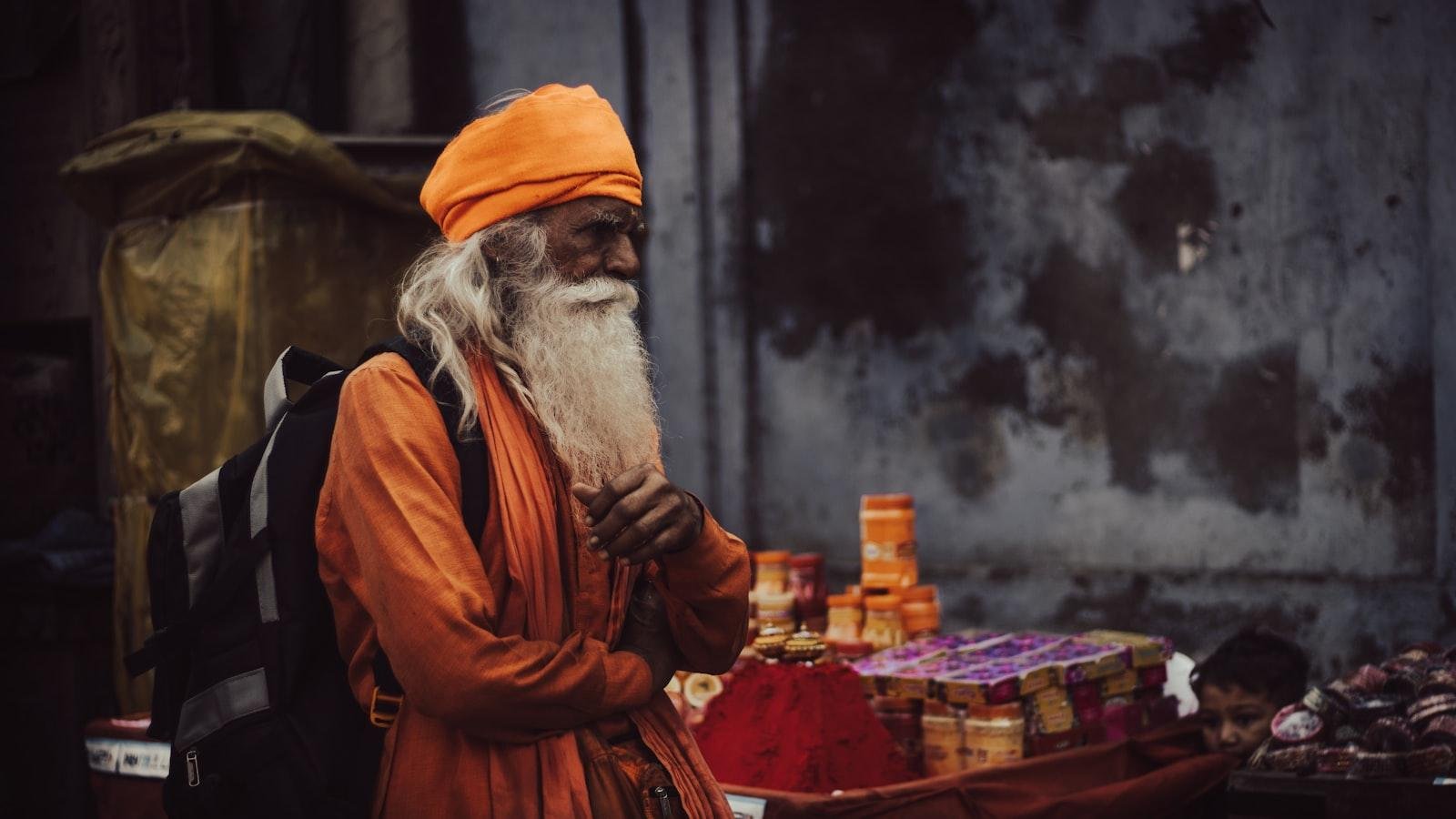Located on the eastern part of the Asian continent, South Korea is a country known for its vibrant culture, technological advancements, and rich history. With a population of over 52 million people, South Korea has become a major player in the global economy, boasting a strong export industry and a high standard of living for its citizens. In this article, we will delve into the various aspects that make South Korea a unique and fascinating country to explore.
Geography and Climate of South Korea
The geography of South Korea is characterized by its mountainous terrain, with approximately 70% of the country covered in mountains. The Taebaek Mountains run along the eastern coast, while the Sobaek Mountains stretch across the center. The highest peak in South Korea is Hallasan on Jeju Island, standing at 1,947 meters above sea level. The country also has numerous rivers and valleys, including the Han River which flows through Seoul, the capital city.
South Korea experiences four distinct seasons due to its temperate climate. Summers are hot and humid, with monsoon rains occurring between June and September. Winters are cold and dry, with heavy snowfall in the mountainous regions. Spring and autumn are pleasant with mild temperatures and blooming cherry blossoms in the spring. The climate varies between regions, with the southern coastal areas being warmer and more humid compared to the northern inland regions.

Cultural Traditions and Festivals in South Korea
South Korea is a country rich in cultural traditions and festivals that showcase its vibrant heritage. One of the most popular traditions in South Korea is the celebration of Chuseok, also known as the Korean Thanksgiving. This harvest festival is a time for families to come together, pay respects to their ancestors, and enjoy traditional foods such as songpyeon, a type of rice cake. During Chuseok, Koreans also partake in activities such as folk dancing, wrestling competitions, and archery contests.
Another significant cultural festival in South Korea is the Jeju Fire Festival, which takes place on Jeju Island every March. This festival, known as Hwansang Jeongwol Daeboreum, involves lighting large bonfires to ward off evil spirits and bring good luck for the coming year. Attendees can witness traditional fire dancing performances, participate in torchlight parades, and enjoy local delicacies such as black pork BBQ. The Jeju Fire Festival is a colorful and spirited event that attracts both locals and tourists alike.
Economic Development and Technological Advancements in South Korea
South Korea, also known as the Republic of Korea, has seen remarkable economic development and technological advancements in recent decades. The country has transformed itself from a war-torn nation to a global powerhouse in industries such as technology, automotive, and entertainment. With a strong focus on innovation and research, South Korea has become a leader in cutting-edge technologies like artificial intelligence, robotics, and semiconductor manufacturing.
One of the driving forces behind South Korea’s economic success is its highly educated workforce and government support for research and development. The country’s investment in infrastructure, education, and technology has helped attract foreign investors and foster a culture of innovation. South Korea is home to some of the world’s most prominent technology companies, such as Samsung, LG, and Hyundai, which have played a significant role in shaping the country’s economic landscape.
Social Norms and Etiquette in South Korea
In South Korea, social norms and etiquette play a significant role in daily life. One of the key aspects of Korean etiquette is the concept of respect. It is essential to show respect to elders, higher-ranking individuals, and those in positions of authority. This respect is demonstrated through bowing, using formal language, and avoiding eye contact with superiors.
Additionally, proper dining etiquette is crucial in Korean culture. When eating a meal, it is customary to wait for the eldest person at the table to begin eating before starting yourself. Slurping or making noise while eating is considered rude, and it is polite to finish all the food on your plate. Furthermore, it is common for individuals to pour drinks for others as a sign of respect, and it is polite to receive the drink with two hands as a sign of gratitude.
Travel Tips for Visitors to South Korea
General Tips
When visiting South Korea, it’s important to be aware of local customs and etiquette. Some common tips for travelers to keep in mind include:
- Remove your shoes before entering someone’s home or certain restaurants.
- Bow slightly when greeting someone, especially when meeting someone older or of higher social status.
- Avoid pointing with your finger, as it can be considered rude. Instead, gesture with your whole hand.
- Learn a few basic phrases in Korean, such as “Hello” (Annyeonghaseyo) and “Thank you” (Gamsahamnida).
Transportation Tips
Getting around South Korea can be relatively easy thanks to its efficient public transportation system. Here are some transportation tips for visitors:
- Consider purchasing a T-money card for convenient use on buses, subways, and even some taxis.
- Subway stations and trains can get crowded during rush hours, so plan your travels accordingly.
- If you prefer to travel by taxi, make sure the driver uses the meter or agree on a price before starting your journey.
- Don’t forget to download helpful apps like KakaoMap or Naver Maps to navigate the city more easily.
Key Takeaways
In conclusion, South Korea is a nation with a rich cultural heritage, booming economy, and a rapidly growing presence on the global stage. From its stunning natural landscapes to its bustling cities, South Korea offers a unique blend of tradition and modernity that continues to attract visitors from around the world. With a strong emphasis on innovation, technology, and education, the country is poised to remain a key player in East Asia and beyond. As South Korea continues to evolve and adapt to the changing world, it will be fascinating to see how this dynamic nation continues to shape the future.